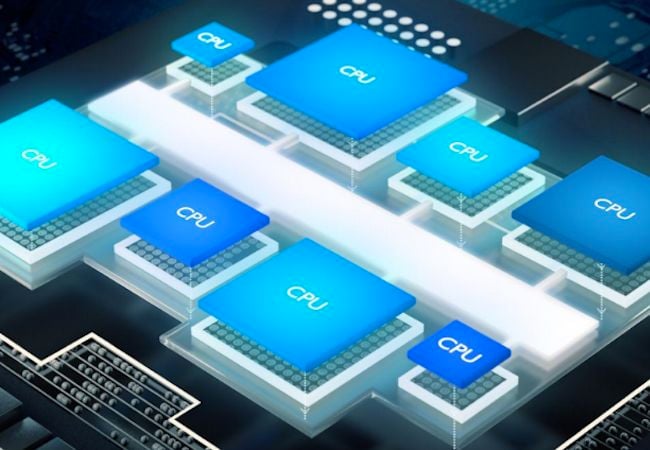Back in the 90's, the scuttlebutt was that RISC CPUs would "soon" be displacing CISC x86. Didn't happen then, when "x86" was actually something real. There are no "x86" CPUs today--neither Intel nor AMD makes CPUs on the original x86 ISA. Current "x86" CPUs today are RISC-CISC hybrids that carry a bit of the x86 instruction set for backwards compatibility purposes only, but which otherwise bear no resemblance to "x86" of the 80s/90s. The common misunderstanding is that current "x86" CPUs by AMD and Intel are static--sort of frozen and unchanging--but the reality is the exact opposite.
I think the UK would be well advised to nix the nVidia deal--over the last 25 years the company has shown a marked proclivity for cheating in various commercial and competitive memes and seems to have no qualms in using unfair and dishonest trade practices of all kinds. Microsoft found nVidia so disagreeable to work with that it dropped nVidia after the original xBox contract--which Microsoft had awarded nVidia. After the first xBox, Microsoft awarded the xBox contracts to ATi, now AMD, and left nVidia in its rear-view permanently. After 3dfx pioneered the first actually playable 3D GPU solutions in the late 90s, I watched nVidia level cheat after cheat against 3dfx in order to try and compete--as always, the cheating involved benchmarks almost exclusivity. Doesn't seem to have changed much, imo. The stories I could tell...!


